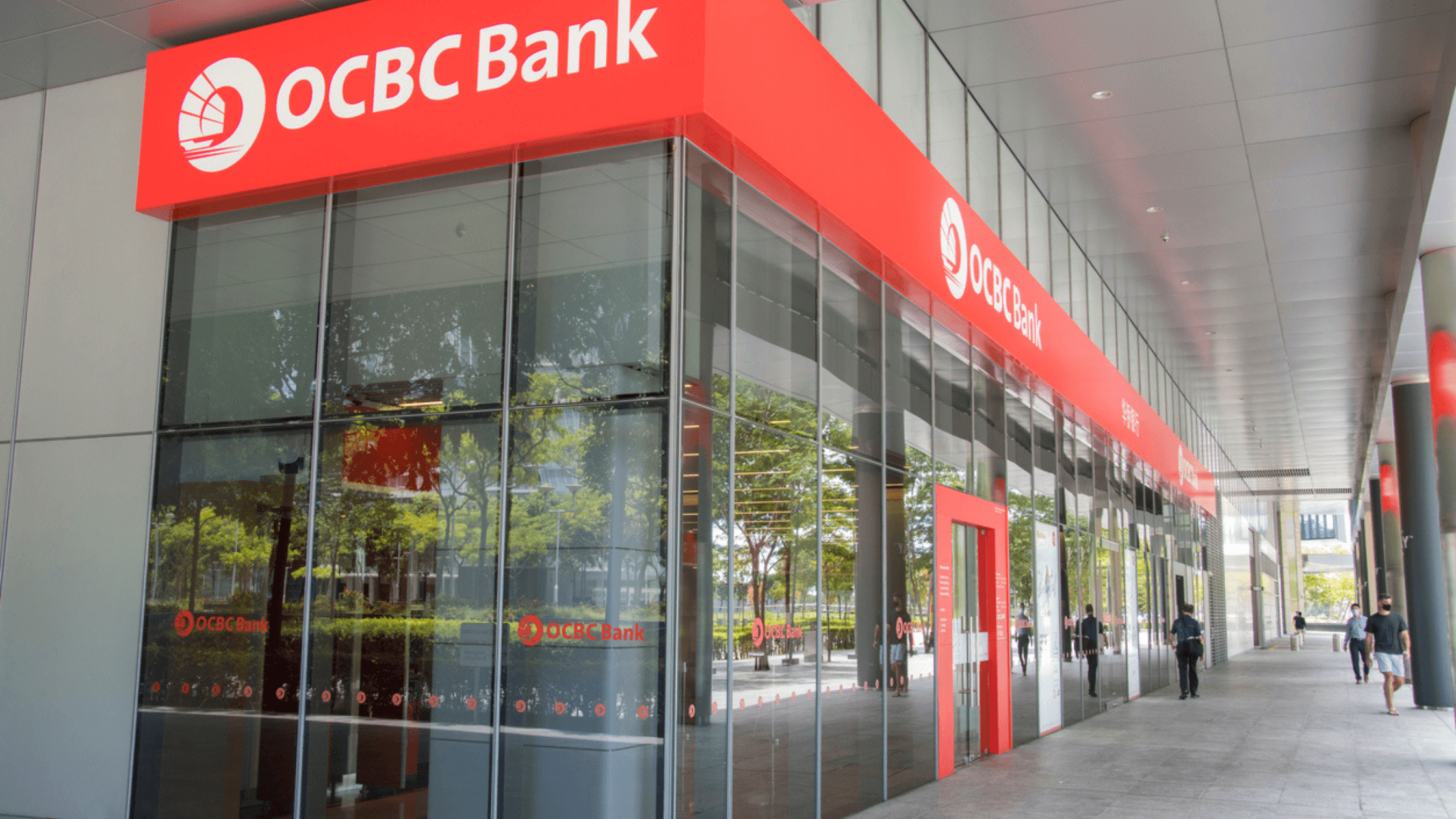Oversea-Chinese Banking Corporation Limited (SGX: O39), more commonly known as OCBC, has achieved a remarkable milestone in its earnings for the 9-month fiscal year 2023 (9MFY2023). The bank’s net profit reached an all-time high of S$5.4 billion during this period, marking a significant 32% increase year-on-year (yoy).
Here are the key takeaways from OCBC’s latest earnings report that underscore the bank’s remarkable achievements and strategic direction.
1. Record profit and income growth
OCBC’s net profit for Q3 alone stood at S$1.81 billion, up 21% from the previous year and 6% higher than the preceding quarter. This surge in profit has been a key driver in pushing the bank’s net earnings for the 9MFY2023 to new heights. The total income for the same period followed suit, reaching a record S$10.23 billion, a 24% increase yoy.
This substantial growth in income was fueled by record net interest income (NII) and a significant uptick in non-interest income, particularly from wealth management fees and insurance profits. OCBC updated its net interest margin (NIM) guidance to around 2.25% for FY2023, anticipating weaker NIMs in Q4 due to expected higher funding costs. However, a scenario of higher-for-longer Federal Reserve rates could sustain NIMs at about 2.1-2.2% in FY2024.
2. Strengthening asset quality and capital position
OCBC’s financial health is further evidenced by its improved asset quality. The non-performing loan (NPL) ratio dipped by 2 basis points year-over-year to 1.0%, reflecting the bank’s effective risk management strategies. Non-performing assets (NPA) also decreased from S$3.69 billion to S$3.10 billion, indicating a healthy and robust loan portfolio.
Moreover, OCBC’s common equity tier 1 (CET-1) ratio stood at a solid 14.8%. This figure not only underscores the bank’s strong capital position but also its readiness to withstand potential financial shocks and invest in future growth opportunities.
It is worth to note that the Monetary Authority of Singapore (MAS) removed the 1.3x multiplier penalty on OCBC’s operational risk-weighted assets (RWA), initially imposed due to deficiencies in handling SMS phishing scams. This removal is projected to increase OCBC’s Common Equity Tier 1 (CET1) ratio by approximately 30 basis points in Q4, reaching an estimated 15.1%.
3. Dividend prospects
The lifting of the penalty by MAS also raises the possibility of a higher dividend per share (DPS) in the second half of 2023. With OCBC’s management adhering to a roughly 50% dividend payout guidance, there is an expectation of approximately 80 Singapore cents for FY2023.
4. Navigating macroeconomic challenges
OCBC’s management acknowledges the challenges posed by inflation, geopolitical uncertainties, and interest rate trajectories. However, they remain cautiously optimistic, with a clearer outlook expected in the Q4 earnings update. They also confirmed the absence of systemic risks in their portfolio. OCBC’s CEO Helen Wong also expressed confidence in the group’s ability to continue delivering sustainable value to its stakeholders. This positive outlook, combined with the bank’s stellar financial performance, positions OCBC as a formidable player in the banking sector, capable of weathering economic uncertainties while pursuing growth.
5. Risk considerations
Elevated interest rates pose a potential downside risk for asset quality deterioration. OCBC’s approach to liquidity management will be crucial in stabilising margins and managing these risks effectively.
OCBC could offer continued growth and stability to investors
OCBC’s record earnings for 9MFY2023 are a clear indicator of its financial strength and strategic prowess. With its impressive income growth, strengthened asset quality, and robust capital position, OCBC is well-equipped to tackle future challenges and seize opportunities. The bank’s ability to thrive in a volatile economic environment not only bodes well for its future but also for its stakeholders, who can look forward to continued growth and stability.
Disclaimer: ProsperUs Head of Content & Investment Lead Billy Toh doesn’t own shares of any companies mentioned.









